String Transport to Help Nepal Combat Smog and Traffic Congestion
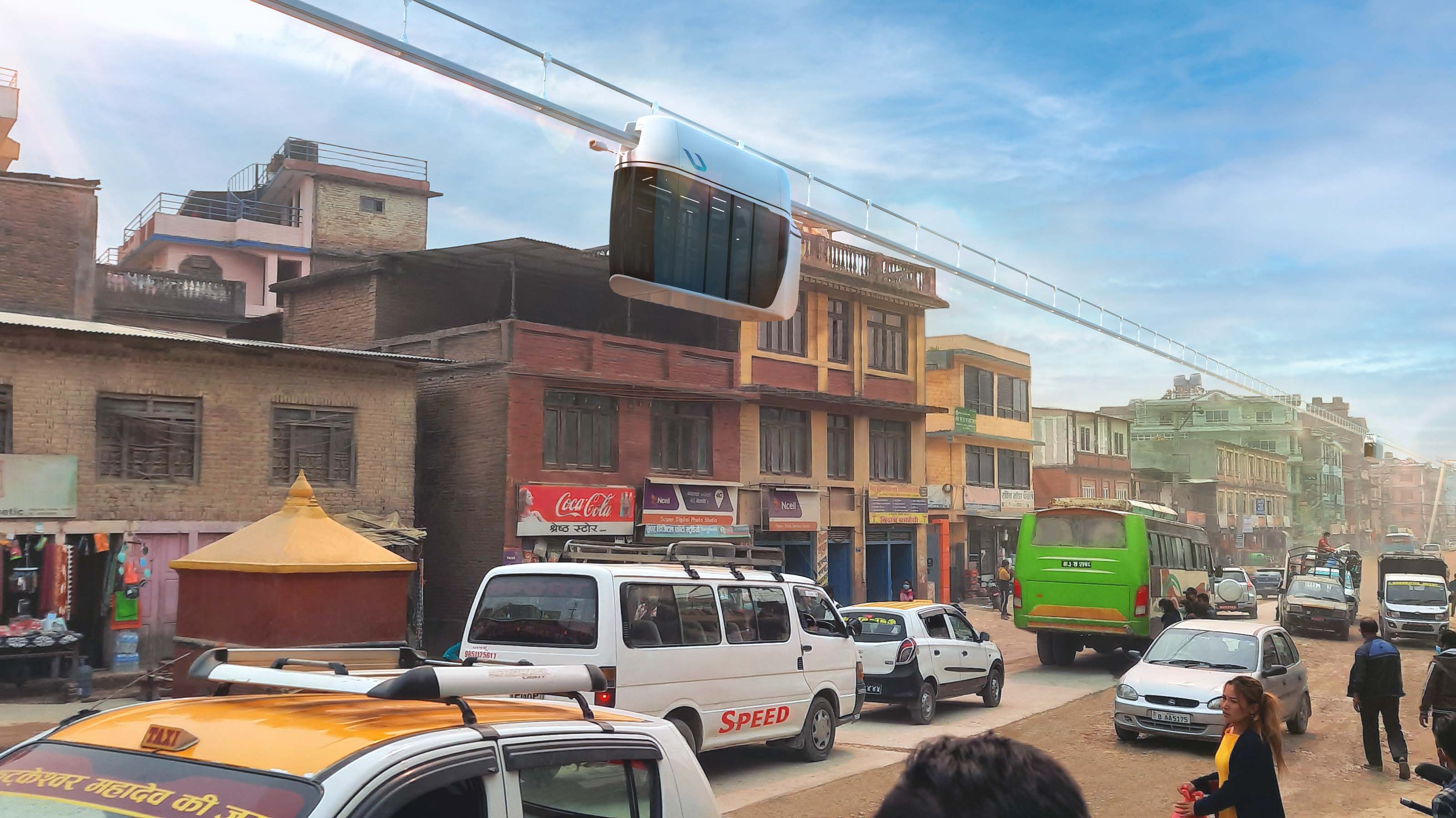
Nepal is facing a severe environmental crisis: in urban areas, particularly in Kathmandu, the concentration of harmful PM2.5 particles exceeds the WHO recommendations by 8–9 times. Experts from UST Inc. have proposed implementing innovative uST transport systems in Nepal to replace part of the existing urban transport, which is a major source of fine particulate air pollution. The first project is already underway.
A Path to Improved Air Quality
PM2.5 particles consist of microscopic soot residues, worn asphalt and tire fragments, mineral salts, and heavy metal compounds. Nepal ranks fifth in the world for air pollution levels. According to the 2024 Global Air Report, poor air quality led to the premature deaths of 48,500 people in Nepal in 2021.
Due to budget constraints, Nepal cannot afford the construction of metro or light rail systems, as they require massive investments.
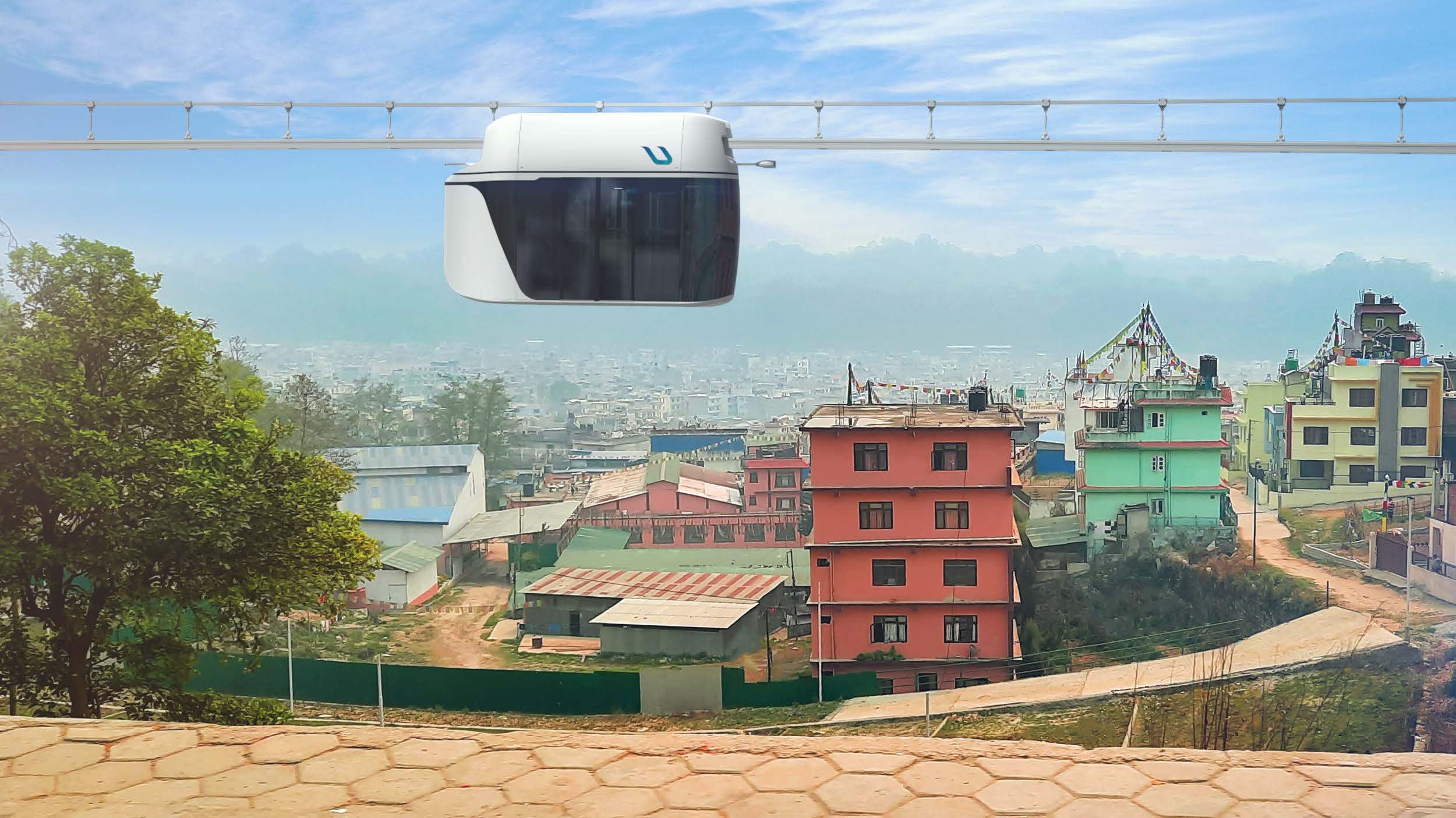
UST Inc. has proposed a superior alternative – string transport, which offers several advantages:
- Zero CO₂ emissions, as the transport operates on electricity.
- Ability to navigate complex terrain, including mountains and ravines, without extensive earthworks.
- High passenger capacity of up to 50,000 people per hour.
- Safety, as the tracks are elevated above ground level and isolated from vehicles and pedestrians.
- Cost-effectiveness, as construction is cheaper than metro systems or overpasses.
The clear advantages of the uST technology led to the signing of an agreement to begin designing and constructing a rail-string complex in Nepal. The project's customer is Kathmandu Podway Pvt. Ltd.
Pilot Line: A 5-Minute Journey Instead of an Hour in Traffic
The first string transport line will be established in the Koshi province, connecting the city of Biratnagar with a border checkpoint on the Indian border. The route will span 7 kilometers, completing the journey in just 5 minutes, whereas buses currently take an hour due to traffic congestion.
The line is expected to become operational within 2.5 years, with an annual passenger volume reaching 10 million. Future plans include extending the route by dozens of kilometers.
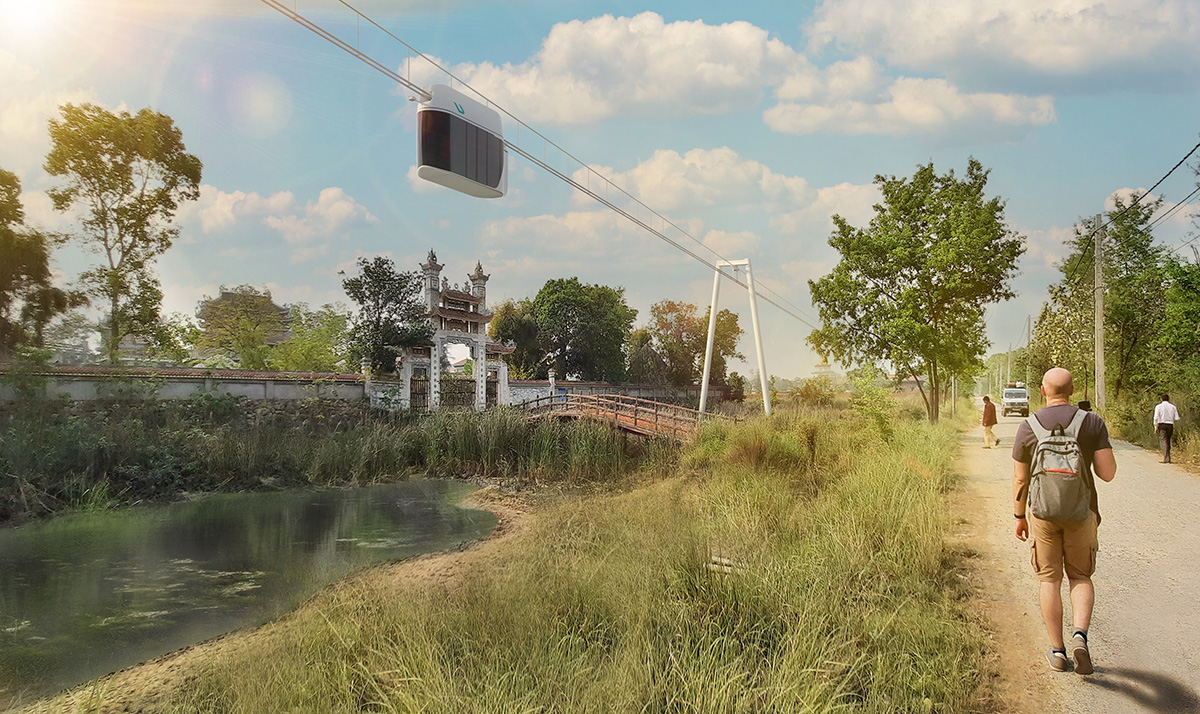
Koshi province's head of government, Hikmat Kumar, emphasized that the implementation of uST will help alleviate road congestion and improve residents' mobility. He expressed his support for the project and highlighted the importance of innovative transport solutions for Nepal.
Technology for a Cleaner City
The Koshi project is more than just a new mode of transportation – it is a step toward much-needed change in Nepal. Eco-friendly and accessible string transport paves the way for sustainable development, where clean air becomes the norm. Soon, similar routes may appear in other cities across the country, restoring people's right to a healthy life.
More news

News
17 July 2025
Next stage of the project in Taiwan: framework agreement signed
The agreement signed in Tainan lays the foundation for the introduction of uST technologies in the region.
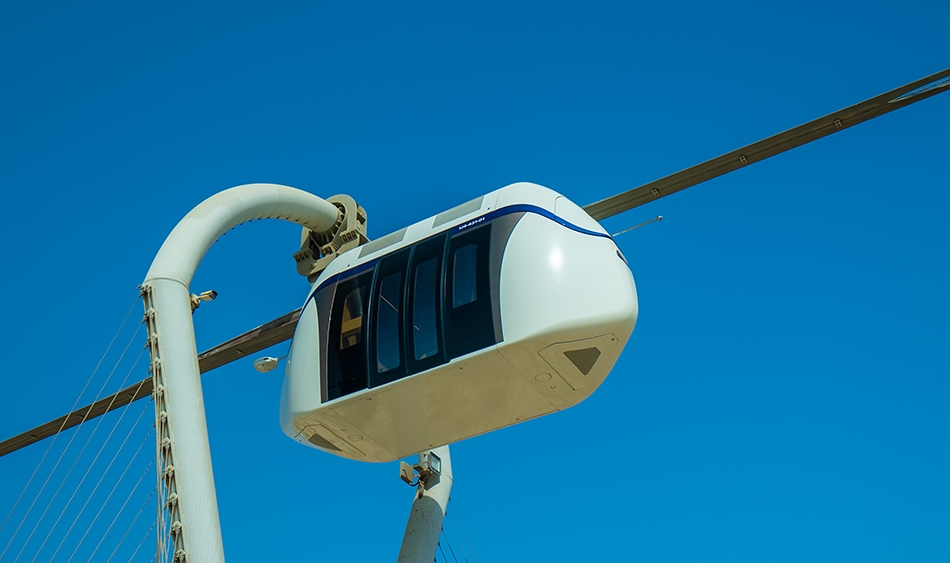
Blog
29 July 2025
Advanced Rail Vehicle Positioning and Monitoring System: An Innovation by UST Inc.
UST Inc.’s specialists have developed and implemented a positioning system that can determine the location of uPods with an accuracy of up to 5 cm.
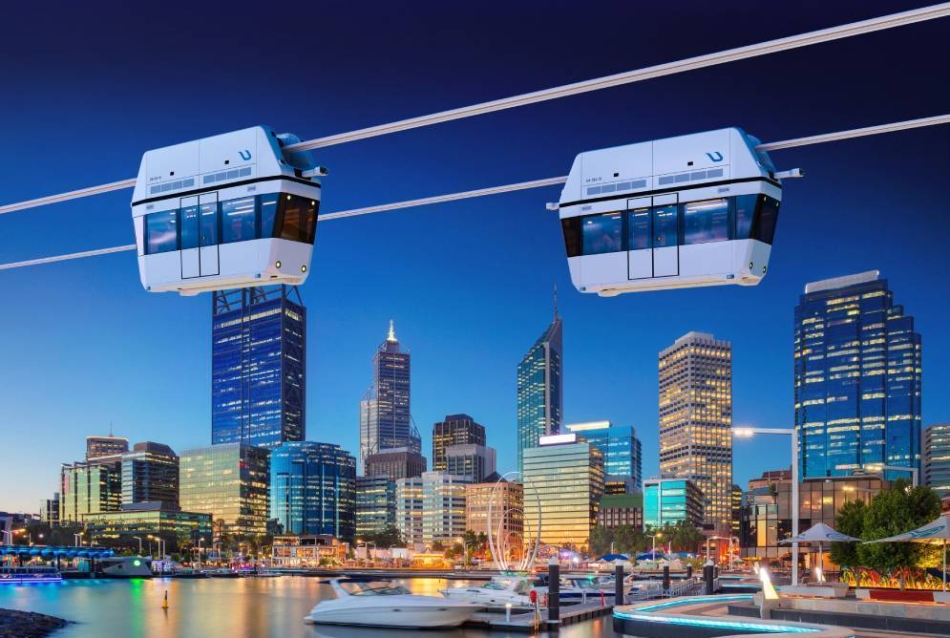
News
11 February 2025
uST Transport Featured on Leading UAE Radio Channel
The prospects of string rail transport were discussed on Dubai Eye, one of the UAE's leading radio stations. Oleg Zaretsky, CEO of uScovery, was a guest on the program.

